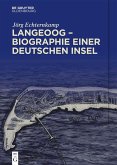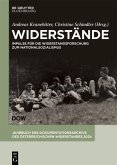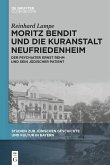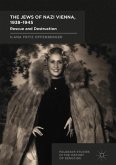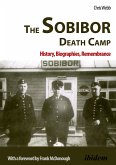The Nuremberg Diary and Correspondence provide readers unprecedented access to the personal papers of Leo Alexander, the chief medical expert at the Nuremberg Doctors' Trial (1946-1947). This annotated edition offers a unique insight into the ethical and legal challenges that Alexander and his colleagues faced as they uncovered and documented the medical crimes of the Nazi regime, including human experiments, compulsory sterilisations, and the so-called "euthanasia" programme - the killing of mentally ill and physically disabled people.
Through his diary, we witness the meticulous work of a dedicated investigator, which laid the foundation for the Nuremberg Code, a landmark for human rights in modern biomedical ethics and the establishment of international medical law. Complemented by selected correspondence, photographs, scientific publications, detailed indices and excerpts from the trial, this volume is essential for anyone interested in the pursuit of justice and the development of human rights in medical science in the wake of the Second World War. The book is dedicated to the victims and survivors who have been persecuted by authoritarian regimes.
Hinweis: Dieser Artikel kann nur an eine deutsche Lieferadresse ausgeliefert werden.
Through his diary, we witness the meticulous work of a dedicated investigator, which laid the foundation for the Nuremberg Code, a landmark for human rights in modern biomedical ethics and the establishment of international medical law. Complemented by selected correspondence, photographs, scientific publications, detailed indices and excerpts from the trial, this volume is essential for anyone interested in the pursuit of justice and the development of human rights in medical science in the wake of the Second World War. The book is dedicated to the victims and survivors who have been persecuted by authoritarian regimes.
Hinweis: Dieser Artikel kann nur an eine deutsche Lieferadresse ausgeliefert werden.

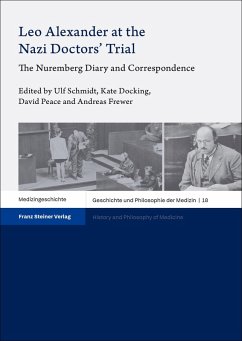
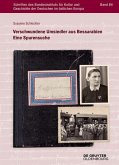
![[Set Die Verfolgung und Ermordung der europäischen Juden durch das nationalsozialistische Deutschland 1933-1945] [Set Die Verfolgung und Ermordung der europäischen Juden durch das nationalsozialistische Deutschland 1933-1945]](https://bilder.buecher.de/produkte/62/62652/62652302m.jpg)
